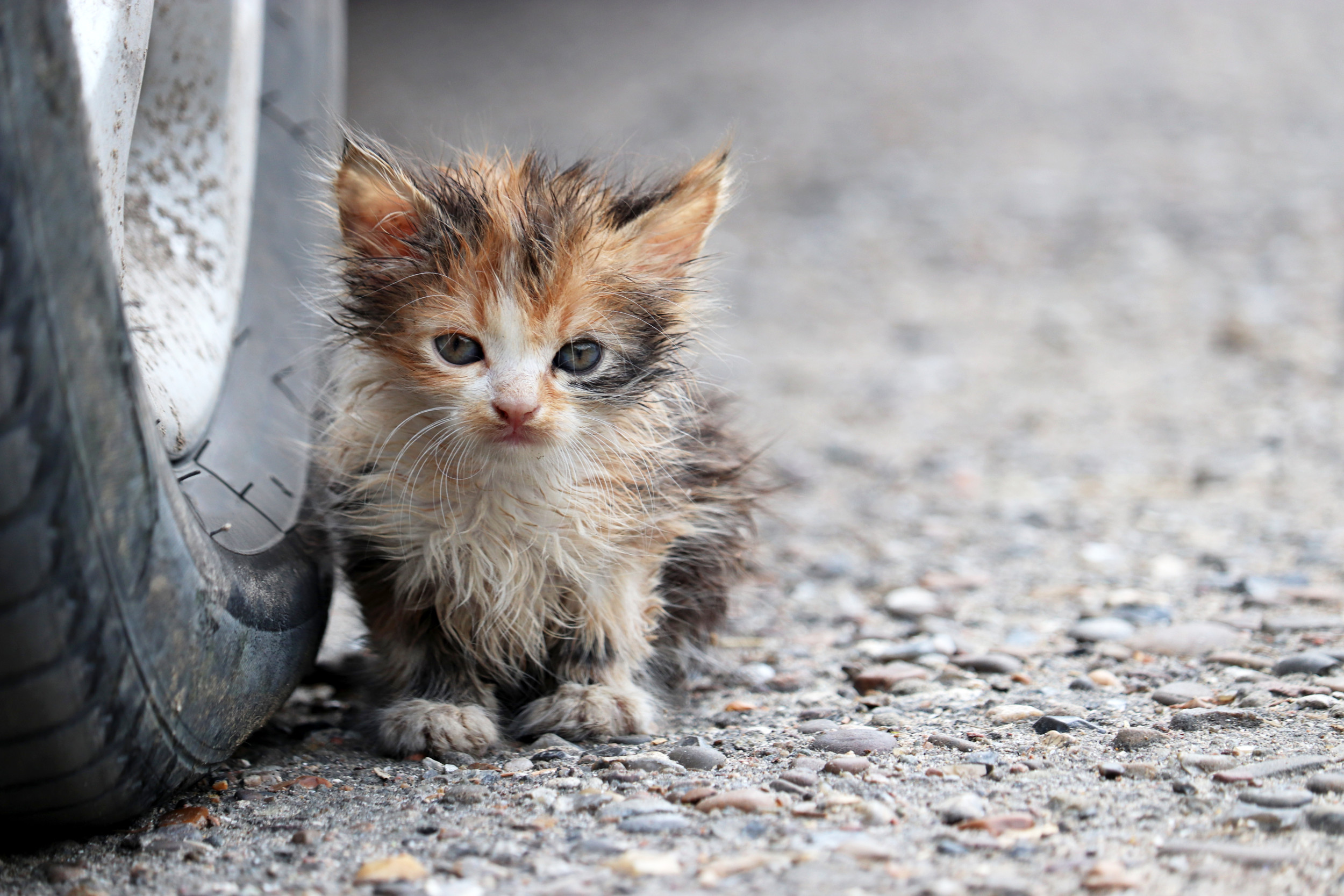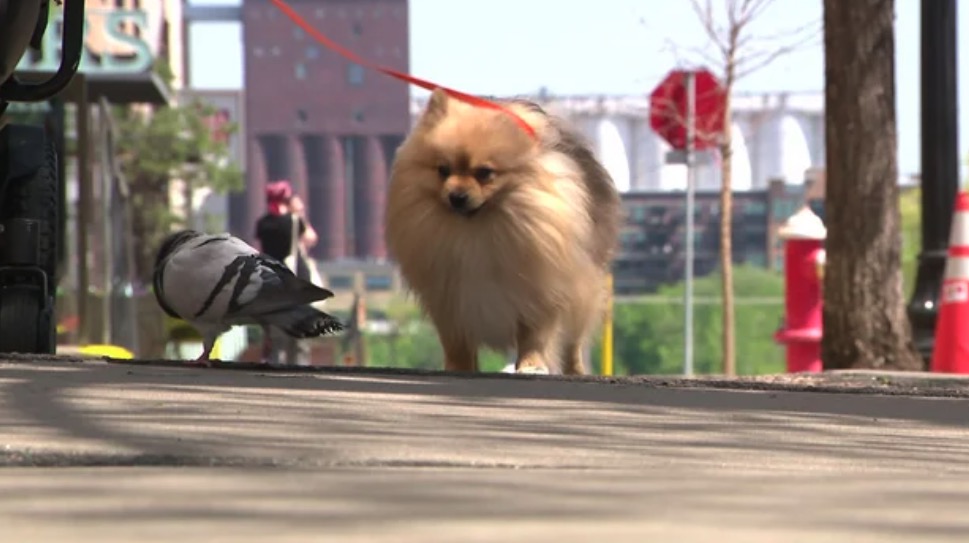Feral cats are overrunning and overwhelming local residents of a Florida neighborhood that is about 15 minutes by car from the headquarters of pet food retailer Chewy.
The situation is so bad in one area—Dania Beach, which is located in Broward County, just north of Miami-Dade—that residents are complaining of vile smells from their urine and feces. Chewy's headquarters, in Plantation, is not far from where the location where this is taking place. There is no connection between the company and the feral cat problem.
Some residents have blamed the ongoing issue on a woman who is persistently feeding the cats but not doing anything to actually care for them, Local10 reported. As a result, the cats keep coming back for food, but they are still roaming the neighborhood and constantly breeding.
“We have about 200 cats just in this area right here, and it's overwhelming,” resident Rafael Kercado told Local10.
Aimee Holding lived in the area for 25 years and still regularly goes back to visit her parents. She told Newsweek that the biggest problem remains a lack of spaying and neutering.
Oleg Elkov/Getty
“The cats have been there since they built the townhomes. There was never a problem before they were built. The feeder from the video lives in that community.
“The biggest problem is the constant breeding because they aren't fixed,” Holding said. “The cats roam the neighborhood which means they go into people's yards and will go to the bathroom wherever they feel like it. Most feral cats bury the poop, but not always the pee. The other problem is the males who aren't fixed will spray the areas to mark their territory which actually smells a lot worse than their pee.”
Holding said that Broward County is aware of the problem and has previously send out a team to trap the cats. The purpose of this is for “trap, neuter, release,” or TNR—so that the cats can be fixed before being released back into the community.
“They poop everywhere and it's disgusting, to be honest, especially with little kids. I have a little daughter,” another resident, Tori Anne Brown, told Local10.
A Facebook group—Broward Community Cats – TNR and Feral Cat Help— is dedicated to the scheme, where individuals gather to talk about the issue and advocate for the importance of TNR.
Residents have previously called the police about the woman who is allegedly feeding the cats.
Another resident named Michael Brown told Local10 that sometimes, the cats are even fed on his property.
“When we first moved in, we called the police several times and she's just moved to the opposite side of the street, right in front of our house,” he said.
Kercado told Local10 that he has been trying to stop the feeder since 2019.
“I finally said, ‘Hey, you need to stop.' I said, ‘If you're not going to be proactive in trapping these cats while you're feeding them, then you need to find somewhere else to feed them or stop feeding them so they can spread and not be congregated in just this area,'” he told the news outlet.
Feral cats are not the same as stray cats. Stray cats may live on the street, but they are generally more used to people, and in most cases, they can be socialized and cared for as pets. Feral cats however, are not socialized at all, meaning it is difficult to simply capture them and care for them.
Kercado even resorted to trying to capture the cats himself, and getting them fixed with his own resources, Local10 reported. However, the cats are so many, that residents are still asking for the help of authorities.
Newsweek has contacted the local police department for further information.
Uncommon Knowledge
Newsweek is committed to challenging conventional wisdom and finding connections in the search for common ground.
Newsweek is committed to challenging conventional wisdom and finding connections in the search for common ground.





